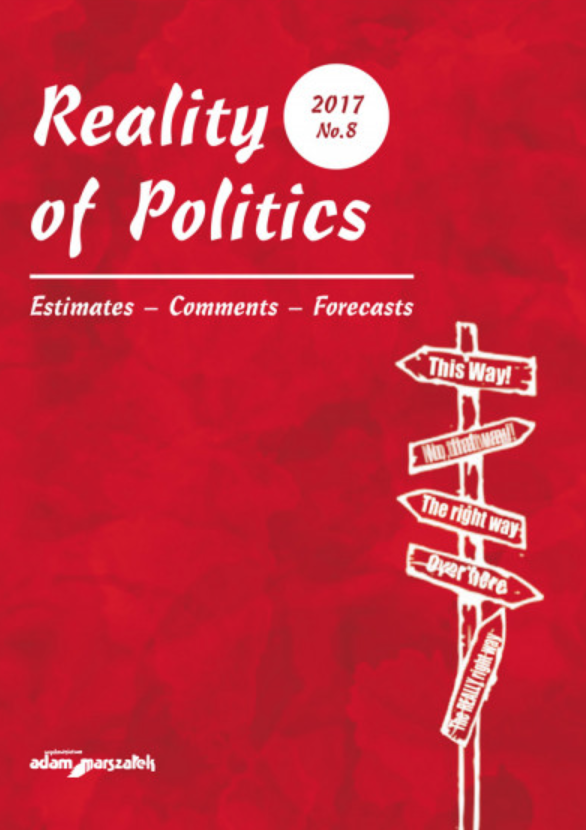MIGRATION CRISIS IN THE EUROPEAN UNION
AND ITS CONSEQUENCES FOR POLISH-GERMAN RELATIONS
MIGRATION CRISIS IN THE EUROPEAN UNION
AND ITS CONSEQUENCES FOR POLISH-GERMAN RELATIONS
Author(s): Renata PodgórzańskaSubject(s): International relations/trade, EU-Approach / EU-Accession / EU-Development
Published by: Wydawnictwo Adam Marszałek
Keywords: migration crisis; European Union; Polish-German relations;
Summary/Abstract: Nowadays, migration of people on the territory of the European Union has become one of the factors determining Poland’s foreign policy and determining its bilateral relations due to the scale and dynamics of this phenomenon. Notwithstanding the fact that Poland, unlike other EU Member States directly bearing the costs of mass influx of migrants, is not a target country for migrants, the migration crisis associated with mass influx of people also indirectly affects the Polish reality. Emphasizing the implications of the migration crisis from the point of view of state security consistently strengthens critical opinions in Poland and at the same time determines the reluctance of the Polish society to accept immigrants (mainly from the MiddleEast and North Africa). The article focuses on the repercussions of the migration crisis from the perspective of Polish-German relations. The basis for this research area is, on the one hand, the role of Germany in the context of the migration crisis and, on the other, the presentation of different positions by Poland and Germany regarding the methods of stopping the inflow of migrants into the EU.
Journal: Reality of Politics. Estimates - Comments - Forecasts
- Issue Year: 2017
- Issue No: 8
- Page Range: 103-124
- Page Count: 22
- Language: English

